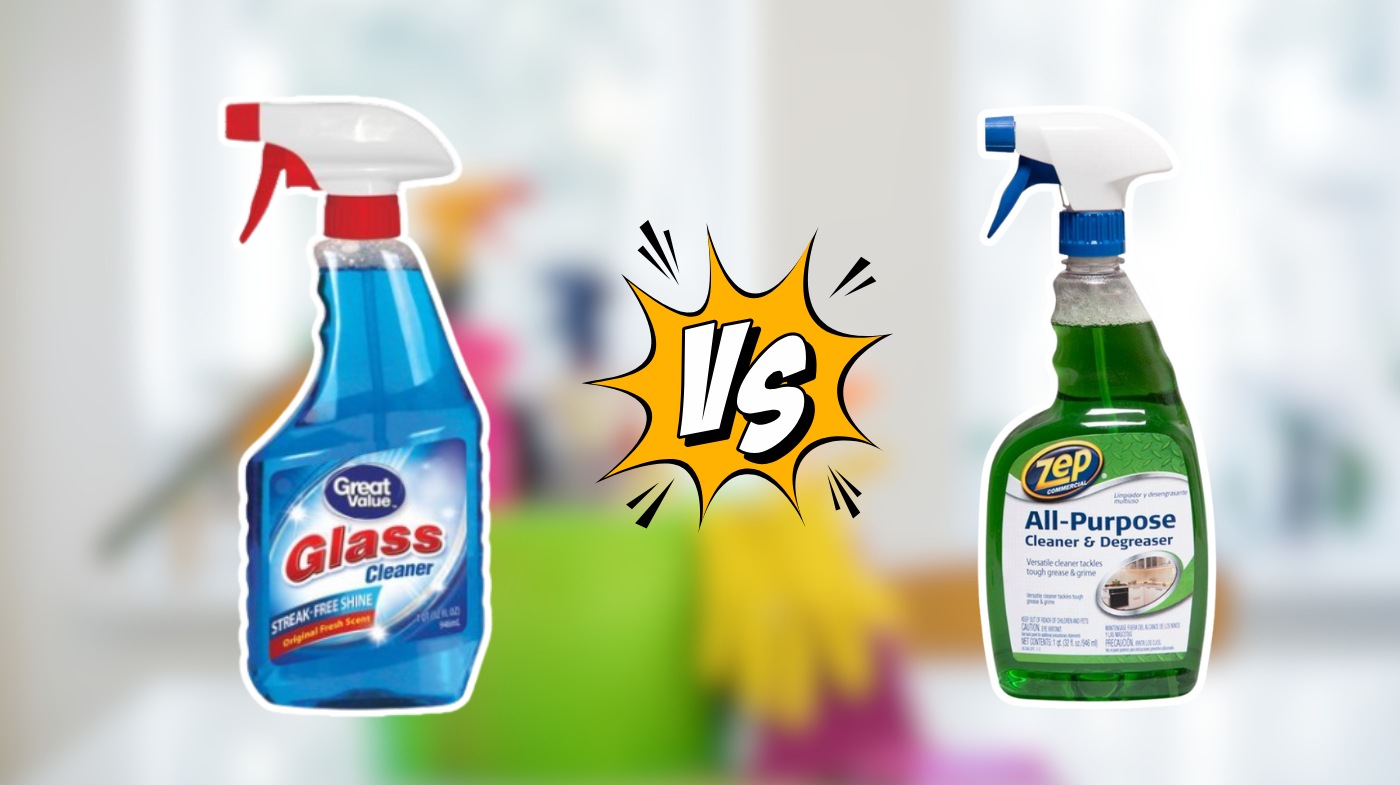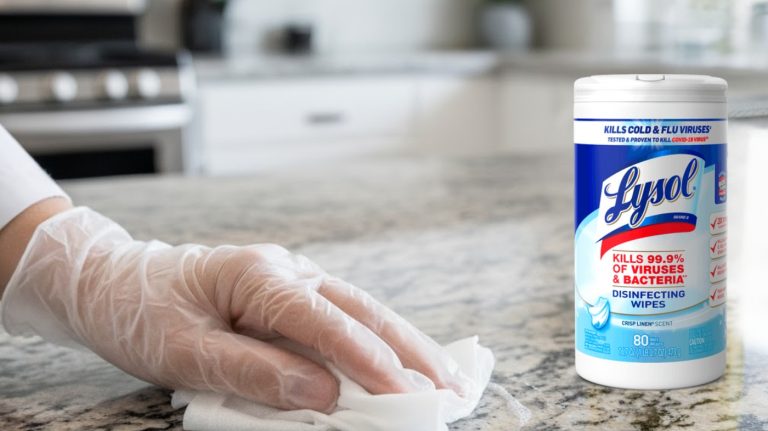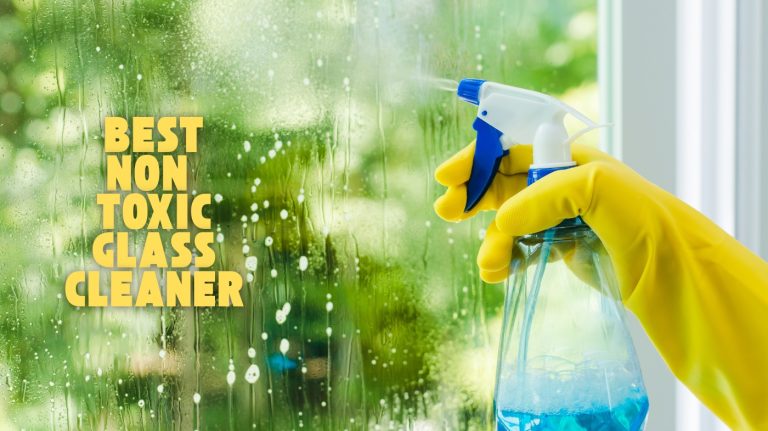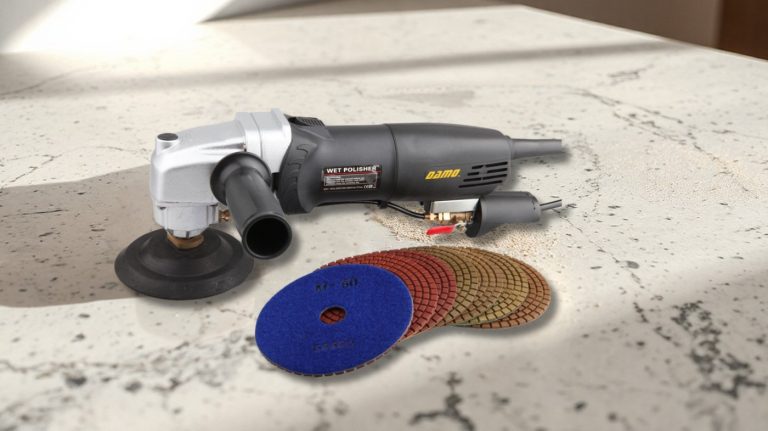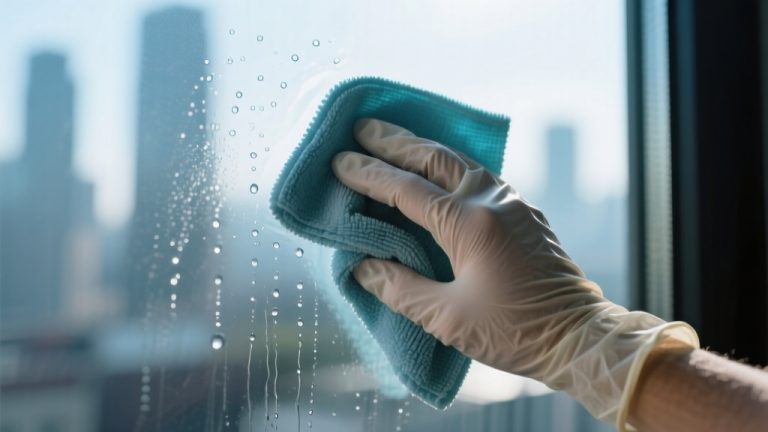Glass Cleaner vs All Purpose Cleaner: Which One Shines Best?
You’ll find glass cleaner is specifically made with ingredients like isopropyl alcohol and ammonia to deliver a streak-free shine on glass and mirrors, ensuring quick drying without residue.
Conversely, all-purpose cleaners contain stronger agents for removing grease and grime across various surfaces but may leave streaks or damage delicate materials.
Use glass cleaner for transparent surfaces, and all-purpose cleaner for tougher jobs on non-porous areas. Understanding these distinctions helps you choose the right product for your cleaning needs.
- Sprayway glass cleaner
- ALL PURPOSE CLEANER KILLS 99.9% OF VIRUSES and BACTERIA: Lysol All Purpose disinfectant spray kills…
- KILLS 99.9% OF GERMS FOR A DEEP CLEAN: This disinfectant spray kills 99.9% of germs, removes soap…
- MULTI SURFACE CLEANER and DEGREASER: This cleaning spray can be used on hard, non-porous surfaces…
Key Takeaways
- Glass cleaners contain isopropyl alcohol and ammonia for streak-free glass and mirror cleaning.
- All-purpose cleaners handle heavy grease and grime on various durable, non-porous surfaces.
- Glass cleaners prevent streaks and residues on transparent surfaces better than all-purpose cleaners.
- All-purpose cleaners may damage sensitive materials like wood, marble, or electronics if used improperly.
- Use glass cleaners for clarity on glass; reserve all-purpose cleaners for tougher, broader cleaning tasks.
Comparison Table: Glass Cleaner vs All-Purpose Cleaner
| Aspect | Glass Cleaner | All-Purpose Cleaner |
|---|---|---|
| Primary Ingredients | Isopropyl alcohol, ammonia, surfactants | Stronger cleaning agents, broader formulations |
| Best Surfaces | Glass, mirrors, sealed materials | Countertops, floors, walls, non-porous surfaces |
| Cleaning Power | Light buildup, smudges | Heavy grease, grime, tough soils |
| Streak Performance | Streak-free finish | May leave streaks on glass |
| Drying Time | Rapid evaporation | Slower drying |
| Surface Safety | Safe for delicate glass coatings | May damage sensitive materials (marble, wood) |
| Versatility | Limited to glass surfaces | Multi-surface compatibility |
| Residue Control | No residue on glass | May leave residues on glass |
| Disinfection | Generally no disinfectant properties | Often includes disinfectants |
| Best Use Case | When clarity matters most | Heavy-duty cleaning tasks |
Differences in Composition and Use
Although both glass cleaners and all-purpose cleaners are designed to remove dirt and grime, their compositions differ markedly to optimize performance for their specific uses.
Glass cleaners typically contain isopropyl alcohol, ammonia, and surfactants like sodium dodecylbenzene sulfonate, which lower surface tension to lift dirt effectively.
Isopropyl alcohol’s rapid evaporation ensures a streak-free finish, while ammonia dissolves grease efficiently. Some formulations incorporate natural ingredients, such as vinegar, for eco-friendly cleaning.
Additionally, pH adjusters like ammonium hydroxide stabilize the solution for enhanced cleaning action. pH adjusters help maintain the correct pH to prevent corrosion of containers and dispensers.
Many glass cleaners are also formulated to be ammonia-free and non-abrasive, ensuring safety for delicate glass surfaces and indoor air quality. Glass cleaners may also include dyes and fragrances for aesthetic appeal.
In contrast, all-purpose cleaners use broader formulations suitable for multiple surfaces, but glass cleaners’ precise chemical makeup targets clarity and residue-free results specifically on glass surfaces.
Comparing Cleaning Power and Surface Compatibility
When selecting a cleaner, you need to take into account both its cleaning power and surface compatibility to ensure effective and safe results.
Glass cleaners target smudges and light buildup on glass, providing streak-free clarity, while all-purpose cleaners tackle grease and grime on multiple surfaces but may leave residues on glass.
It is important to note that glass cleaners minimize streaks to maintain visibility and appearance. Surface compatibility differs: glass cleaners suit glass, mirrors, and some sealed materials; all-purpose cleaners fit durable, non-porous surfaces but risk damage on delicate finishes.
Choosing the correct cleaner also involves understanding surface compatibility guidelines to avoid damage during cleaning.
| Cleaner Type | Cleaning Power | Surface Compatibility |
|---|---|---|
| Glass Cleaner | Removes smudges, light buildup | Glass, mirrors, sealed plastics |
| All-Purpose | Heavy-duty grease, grime | Durable, non-porous surfaces |
| Limitations | Limited degreasers, gentle | May damage delicate or polished surfaces |
Safety Considerations for Different Materials
Since different materials react uniquely to cleaning agents, you must carefully consider the compatibility of cleaners with the surfaces you intend to treat.
Glass cleaners are formulated specifically for glass, minimizing streaks and residue. However, all-purpose cleaners may harm sensitive surfaces like marble, wood, or porous materials by penetrating and leaving residues.
Using the wrong cleaner on electronics or mirrors can cause damage. Before application, verify the cleaner’s suitability for the specific material.
Avoid cleaners with aggressive chemicals on delicate surfaces to prevent deterioration or discoloration. Conduct spot tests on inconspicuous areas when unsure.
Prioritize cleaners designed for your surface type to ensure safety and maintain material integrity. This approach prevents damage and prolongs the lifespan of your surfaces during routine cleaning.
For example, using granite cleaner on quartzite can damage its protective sealant, so it is important to select pH-balanced cleaners tailored for each material.
Efficiency and Practicality in Everyday Cleaning
Because cleaning tasks vary widely, choosing between glass cleaner and all-purpose cleaner depends on the surfaces and messes you encounter.
Glass cleaners excel at providing streak-free finishes on transparent surfaces by rapidly drying without residue, thanks to alcohol or surfactants.
They target stubborn glass contaminants like insect splatter while ensuring safety for delicate materials like rubber or plastic near windows.
Glass cleaners are formulated specifically for glass surfaces such as windows, mirrors, and shower screens. However, they generally lack the protective properties necessary to prevent oxidation and tarnish on metals like unlacquered brass.
Conversely, all-purpose cleaners offer stronger cleaning power for grease and grime, making them ideal for tough, multi-surface jobs.
Their versatility enhances convenience during thorough cleaning sessions, and many formulations include eco-friendly ingredients. However, they may be harsher on glass and less specialized for clarity.
For everyday efficiency, use glass cleaners when clarity and residue control matter most, and rely on all-purpose cleaners for broader, heavy-duty cleaning tasks.
Making the Right Choice Based on Needs and Surfaces
Selecting the appropriate cleaner hinges on understanding the specific surfaces and cleaning demands you face.
Use glass cleaners exclusively on glass surfaces like windows and mirrors, as their formulations avoid ammonia and minimize streaking, protecting delicate coatings. These cleaners are formulated to be ammonia-free to prevent damage to tinted windows and maintain clarity.
For durable, non-porous surfaces such as countertops, floors, and walls, all-purpose cleaners offer stronger grease and grime removal capabilities and often include disinfectants.
However, their use on glass risks streaks and potential damage. It is important to check product labels to ensure the cleaner is safe and effective for the surface you intend to clean.
Always read product labels to confirm surface compatibility and cleaning power. Consider the toughness of the mess; opt for all-purpose cleaners for heavy soils and glass cleaners for streak-free results on sensitive glass.
Testing a small area before full application prevents damage. Balancing effectiveness, surface safety, and environmental impact ensures you make a technically sound cleaning choice.
Frequently Asked Questions
Can Glass Cleaners Be Used on Electronic Screens Safely?
You shouldn’t use glass cleaners on electronic screens because they often contain ammonia and harsh chemicals that can damage coatings and cause yellowing or fogging.
Instead, opt for distilled water, a water-vinegar mix, or specialized screen cleaners designed for electronics. Always turn off devices before cleaning, use a soft microfiber cloth, and avoid spraying liquids directly onto the screen.
Do All-Purpose Cleaners Require Rinsing After Use?
You don’t always need to rinse all-purpose cleaners after use; it depends on the product and surface. Some cleaners, like Method, are designed for no-rinse use—you just spray and wipe.
Others, such as Seventh Generation, require rinsing to remove residue and protect surfaces. Always check the label instructions, especially for porous or food-contact surfaces, to guarantee proper dilution and rinsing practices that maintain cleanliness and prevent damage.
Are There Eco-Friendly All-Purpose Cleaner Options Available?
You want effective cleaning, but you also want to protect the planet. Luckily, eco-friendly all-purpose cleaners deliver both.
Brands like ECOS and Force of Nature use plant-based formulas in compostable packaging, reducing chemical exposure and waste. These cleaners work on multiple surfaces, cutting the need for many products.
Plus, certifications like Green Seal and Carbon Neutral confirm their sustainability and safety. You can clean thoroughly while supporting eco-conscious practices.
How Do Glass Cleaners Affect Window Tint Films?
You should avoid glass cleaners containing ammonia or alcohol when cleaning window tint films, as these chemicals can fade the tint or weaken its adhesive, causing bubbles or peeling.
High pH or concentrated solutions may also degrade the film over time. Instead, use ammonia-free, pH-balanced cleaners or mild soap with water.
Always clean with a microfiber towel to prevent scratches, maintaining your tint’s durability and clarity effectively.
Can Both Cleaners Be Mixed for Stronger Cleaning Power?
You shouldn’t mix cleaners to boost cleaning power because unpredictable chemical reactions can occur, potentially releasing toxic fumes or reducing effectiveness.
Mixing different formulations risks harming surfaces and your health. Always use each cleaner as directed to maintain safety and achieve peak results.
If you want stronger cleaning, choose a suitable product designed for that purpose instead of combining different cleaners, which can cause damage or hazardous conditions.
Choose Wisely: Glass Cleaner or All-Purpose for Perfect Results
Think of glass cleaner and all-purpose cleaner like a scalpel and a Swiss Army knife—you wouldn’t use the knife for surgery, just as you shouldn’t use all-purpose cleaner on delicate glass.
Studies show glass cleaners remove streaks 30% more effectively on windows, while all-purpose cleaners excel on varied surfaces. By choosing the right cleaner for your specific needs, you guarantee safety, efficiency, and ideal results every time you clean.
- Contains 1 – 28oz spray bottles of Method All Purpose Surface Cleaner, Lime + Sea Salt.
- Non-toxic, naturally derived formulas.
- Powergreen technology cuts grease plus grime.
- Excellent for windows, mirrors, windshields and other glass surfaces
- Heavy-duty foam clings to vertical surfaces
- Contains perfume-grade alcohol for best performance
Last update on 2026-02-27 / Affiliate links / Images from Amazon Product Advertising API

